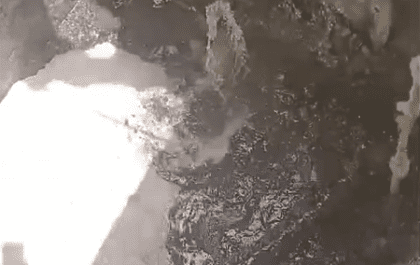Strangely, it’s common for the true stories of leadership, humility, kindness, and good deeds of an individual to gain prominence posthumously.
Reasons for Posthumous Recognition:
1. HINDSIGHT BIAS: People tend to reevaluate and appreciate an individual’s accomplishments after they’re gone.
2. EMOTIONAL CONNECTION: Death often evokes strong emotions, leading to a renewed interest in the person’s life and legacy.
3. LACK OF BIAS: Posthumous recognition is less influenced by personal biases, politics, or conflicts.
4. HISTORICAL CONTEXT: Time provides perspective, allowing historians and biographers to contextualize the individual’s achievements.
5. MEDIA & SOCIAL PLATFORMS: Obituaries, tributes, and social media platforms amplify the person’s story, reaching a wider audience.
Examples of posthumous recognition
1. Demand for Bharat Ratan for Ratan Tata after his departure.
2. Nelson Mandela’s autobiography and biographies
3. Malala Yousafzai’s Nobel Peace Prize (awarded after her attempted assassination)
4. Rosa Parks’ legacy as a civil rights icon
5. Alan Turing’s recognition as a pioneering computer scientist
6. Irena Sendler’s heroic efforts during WWII
Let us try to change this narrative:
1. Celebrate Living Heroes
2. Share Stories of Unsung Heroes
3. Recognize Achievements in Real-Time
4. Foster a Culture of Appreciation of the living.
Popular Stories
How To Revive Your Rainwater Harvesting System
The Water Couple’s Journey: From Cleaning Tanks to Complete Water Solutions!
Locals Felling Trees Near Sec A Pkt C
Winning Has Become a Habit for Divya
Is Green Park Heading Towards A Slum
Haphazard Parking, Narrow Walking Space In M Block Market
Recent Stories from Nearby
- Flower Show 2025 Was Grander! April 14, 2025
- AIS: Your Income Tax Related Financial Report Card on Fingertips April 14, 2025
- A Touching Tale of Compassion & Care April 14, 2025
- Tree of Gold! April 14, 2025
- Parks All Around April 14, 2025






